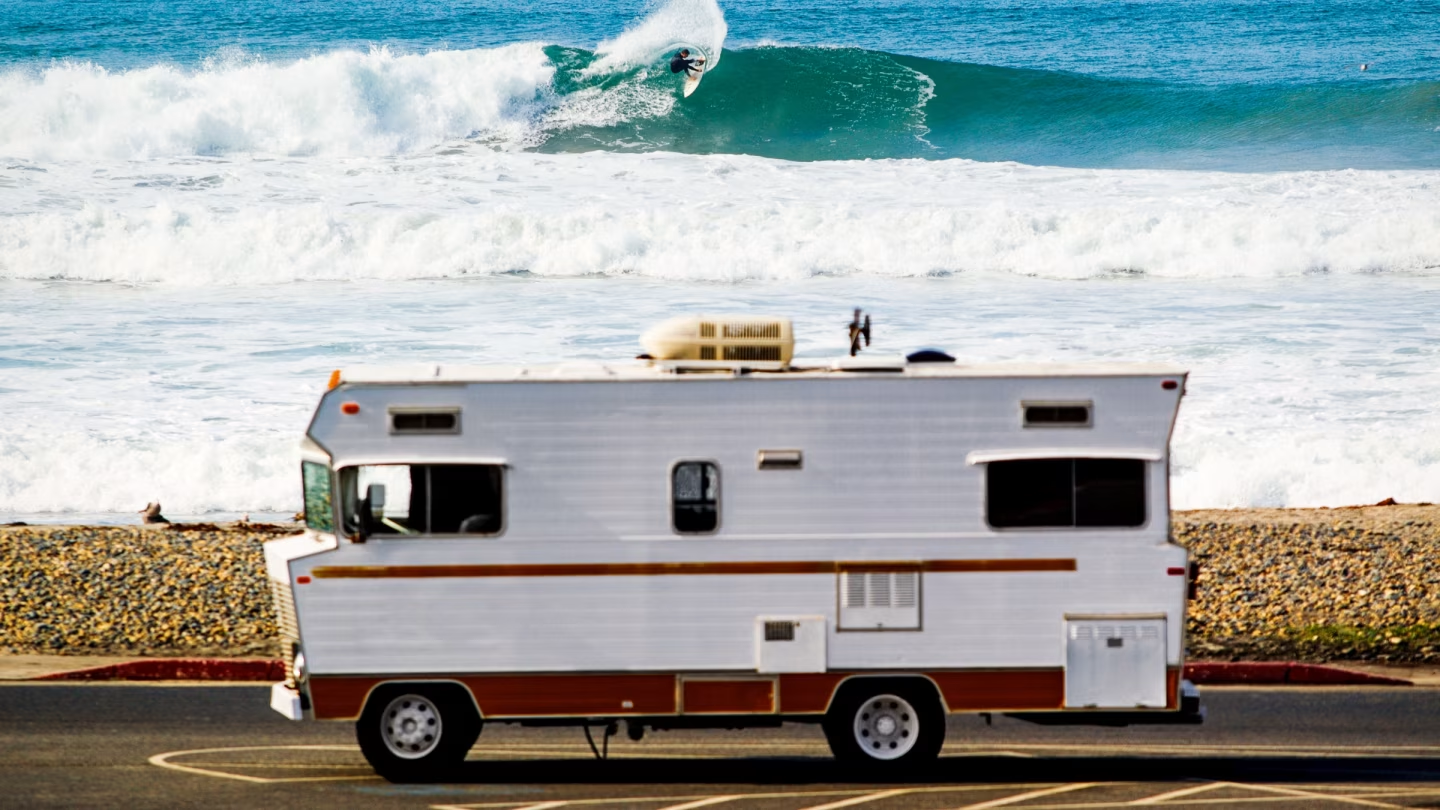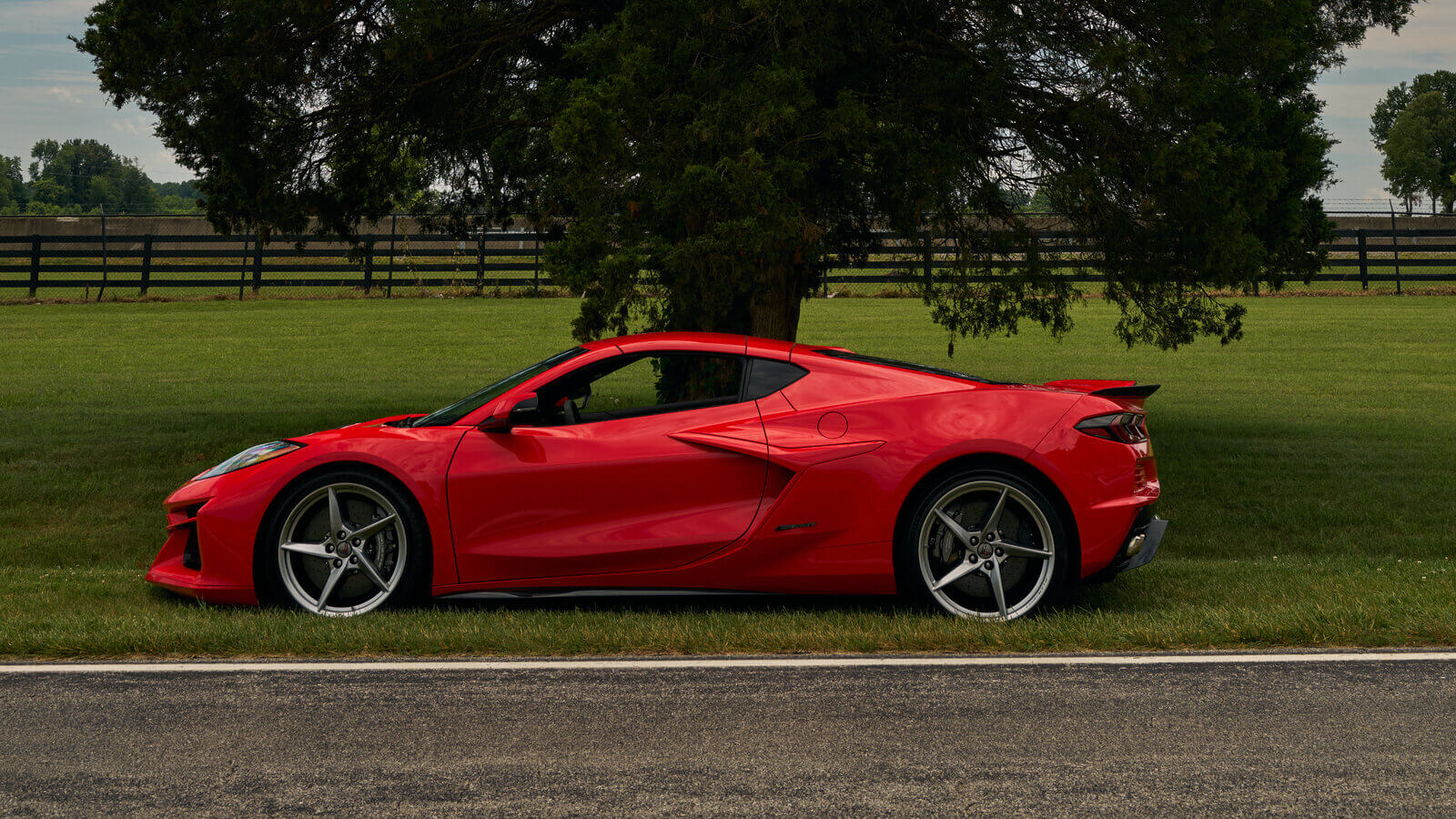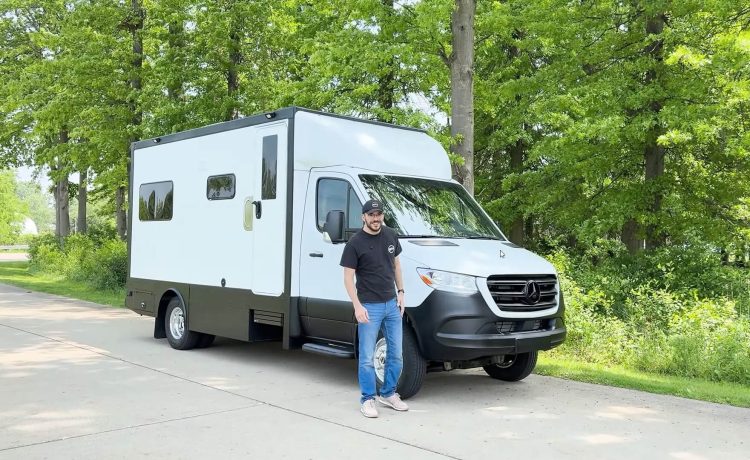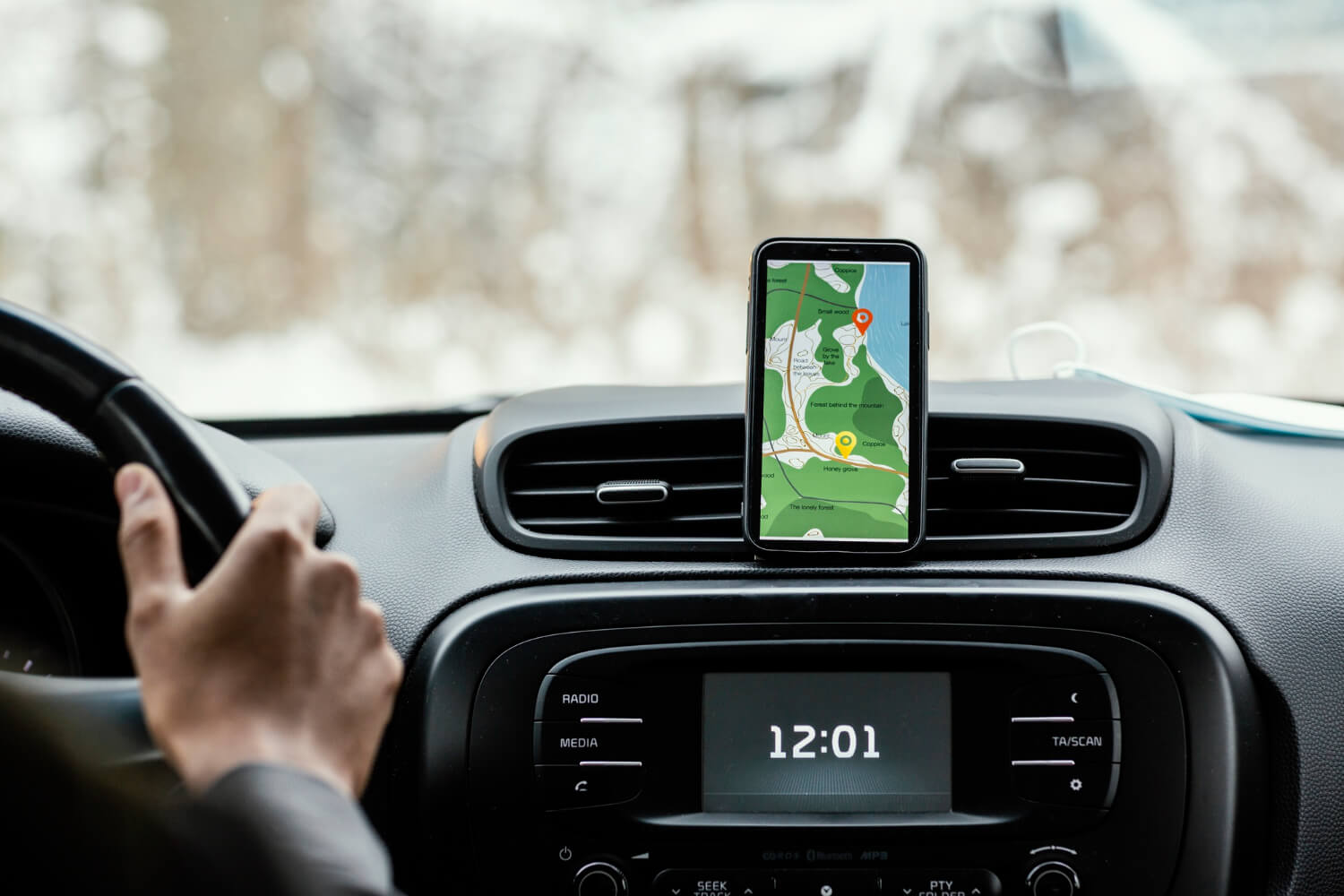Automobiles have always been more than just machines that get us from point A to point B. For over a century, cars have symbolized freedom, independence, and recreation. Beyond their practical purpose, automobiles are central to hobbies, road trips, motorsports, and outdoor adventures. The recreational use of cars continues to evolve, blending tradition with innovation in a way that reflects our changing lifestyles.
This article explores the role of automobiles in recreation—covering everything from classic car culture to off-road adventures, motorsports, customization, and the growing importance of sustainability.
The Car as a Symbol of Recreation
Since the rise of the automobile in the early 20th century, cars have been closely tied to leisure. Weekend drives, road trips along scenic routes, and cross-country travel quickly became a hallmark of modern recreation. In the postwar years, cars such as the Volkswagen Beetle or Ford Mustang weren’t just modes of transport—they became cultural icons representing adventure and identity.
For many, driving is itself a form of recreation. The open road provides a sense of escape from daily routines, allowing drivers to enjoy landscapes, music, and the sheer thrill of motion. Recreational driving is not about efficiency but about experience, blending comfort and adventure in equal measure.
Road Trips: A Timeless Adventure
Few recreational activities capture the spirit of the automobile better than the road trip. Whether it’s a family journey along Route 66 in the United States, exploring the Great Ocean Road in Australia, or winding through Europe’s Alpine passes, road trips embody freedom and exploration.
The beauty of road trips lies in flexibility. Unlike air or rail travel, cars allow travelers to set their own pace, take detours, and stop whenever something catches their eye. In recent years, the popularity of road trips has resurged, especially during the COVID-19 pandemic, when travelers sought safer, socially distanced ways to explore.
Modern technology has enhanced the experience: GPS navigation, real-time traffic updates, and streaming entertainment make long drives more convenient and enjoyable. Electric vehicles (EVs), with their expanding charging infrastructure, are also redefining road trips, promising quieter rides and a greener footprint.

Off-Roading and Outdoor Recreation
For adventure seekers, automobiles are the gateway to terrains beyond paved roads. Off-roading has become a popular recreational activity, with enthusiasts modifying vehicles to conquer deserts, forests, mountains, and mud trails. SUVs, pickup trucks, and specialized off-road vehicles provide the tools for exploration, while clubs and events create communities around this passion.
Activities like overlanding—long-distance, self-reliant travel to remote destinations—combine camping with off-roading, offering both challenge and serenity. The appeal lies in disconnecting from modern life and reconnecting with nature, all made possible by durable, adventure-ready vehicles.
Automakers have embraced this demand, producing vehicles like the Jeep Wrangler, Land Rover Defender, and Toyota Land Cruiser, which balance ruggedness with comfort. Newer models even include advanced navigation, terrain-response systems, and hybrid technology for eco-conscious explorers.
Motorsports as Recreation
For some, automobiles are more than companions for leisure—they are tools for adrenaline-fueled competition. Motorsports have captivated enthusiasts for generations, from Formula 1 and NASCAR to rally racing and drag strips. While professional racing is a spectator sport, many fans also participate recreationally in amateur racing leagues, go-karting, and track days.
Car clubs and racetracks often offer “test and tune” events, where everyday drivers can safely push their cars to the limit under controlled conditions. These recreational motorsport experiences provide thrill-seekers with both community and excitement.
Sim racing, powered by realistic driving simulators and advanced gaming systems, has also emerged as a growing form of recreation. It allows enthusiasts to experience racing without the costs or risks associated with real-world motorsports.
Car Culture and Customization
Automobiles are also canvases for self-expression. For decades, enthusiasts have modified cars to reflect personal style, performance goals, or cultural identity. From the lowrider culture in California to the JDM (Japanese Domestic Market) scene, customization is both recreation and art form.
Hobbies such as restoring classic cars, upgrading performance parts, or installing advanced audio systems provide enthusiasts with hands-on engagement. Car shows and meetups showcase these creations, fostering communities where passion is shared. The social aspect of car culture is as important as the mechanical one—enthusiasts bond over their love of design, engineering, and innovation.
The Role of Technology in Recreational Driving
Technology has transformed recreational driving experiences. Features like adaptive cruise control, advanced infotainment systems, and driver-assist tools make long journeys more comfortable and enjoyable. For enthusiasts, performance technologies such as launch control, torque vectoring, and customizable driving modes enhance excitement.
Meanwhile, smartphone apps and online forums connect car lovers worldwide. Platforms like YouTube and TikTok have given rise to influencers who share car reviews, modification guides, and road trip adventures, expanding the culture of recreation and autos into digital spaces.
The Rise of Electric and Sustainable Recreation
As concerns about climate change and sustainability grow, the recreational auto industry is adapting. Electric vehicles, once dismissed as impractical for long journeys, are now reshaping the future of road trips and recreational driving. With ranges surpassing 400 miles and expanding fast-charging networks, EVs are increasingly viable for leisure travel.
Automakers are also experimenting with electric off-roaders and adventure vehicles, such as the Rivian R1T or GMC Hummer EV. These models promise to deliver both rugged recreation and eco-conscious performance.
Car-sharing platforms and subscription services offer another sustainable dimension, allowing people to access specialized vehicles for recreational trips without the costs or environmental impacts of ownership.
Challenges in Recreation and Autos
While automobiles provide immense recreational value, challenges persist:
-
Environmental Impact: Gasoline-powered vehicles contribute to emissions, raising concerns about sustainable recreation.
-
Cost: Car ownership, maintenance, and modifications can be expensive, limiting accessibility for some enthusiasts.
-
Safety: Recreational activities like off-roading or high-speed driving carry risks that require responsible practices.
-
Urbanization: Growing cities and traffic congestion limit opportunities for recreational driving, pushing people toward digital or alternative leisure activities.
Addressing these challenges requires innovation, responsible regulation, and continued cultural adaptation.
The Future of Automobiles in Recreation
Looking ahead, automobiles will continue to evolve as recreational tools. Several trends are likely to define the future:
-
Integration of autonomy: Self-driving cars may eventually handle long highway stretches, allowing travelers to relax during road trips.
-
Expansion of EV adventure vehicles: Electric SUVs and trucks will become staples for outdoor enthusiasts.
-
Smart tourism: Cars equipped with AI-driven route planners could recommend scenic detours, charging stops, and recreational sites.
-
Hybrid leisure models: Combining physical driving with digital recreation, such as AR-enhanced road trips or VR motorsport training, could redefine the experience.
The enduring appeal of automobiles lies in their versatility—they serve as both transport and recreation, practicality and passion.

Conclusion
Recreation and automobiles are deeply intertwined, shaping how people travel, explore, and connect. From classic road trips to off-road adventures, motorsports, customization, and the rise of sustainable driving, cars continue to be at the center of leisure culture.
While challenges such as environmental concerns and rising costs must be addressed, innovation ensures that automobiles remain a source of enjoyment and exploration for future generations. As technology advances and society embraces greener practices, the car will not only remain a vehicle of necessity but also a symbol of freedom, adventure, and recreation.





